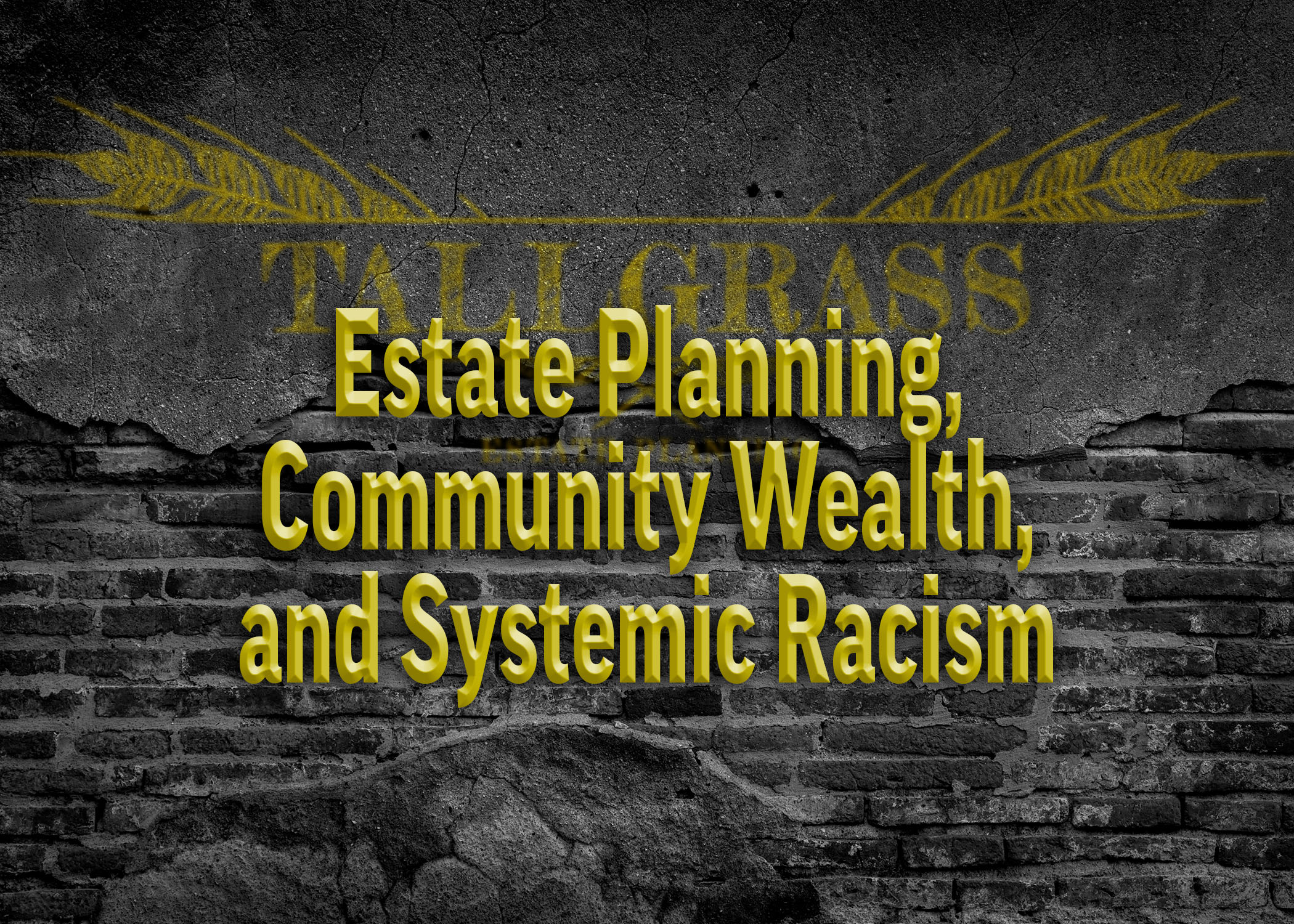
You've worked hard. You've saved. You've been responsible. And now, your savings and your estate plan are working against each other.
The Basics of Retirement Accounts
If you're saving for retirement, you've likely got an IRA, 401k, or some other type of "qualified retirement plan." In these types of plans, your money grows without incurring capital gains taxes, and, depending on the specific account, your contributions may not be taxed until you withdraw them (after a specific age). They are important and useful tools in a retirement strategy, but they work differently than many other types of assets you probably have - real estate, checking and savings accounts, brokerage accounts, etc. Here are a few important differences:
- Qualified retirement plans are only owned by you as an individual. That is, they cannot be jointly owned with a spouse the way you might own a house or checking account.
- Ownership of qualified retirement plans is transferred through beneficiary designations. That is, the assets remain yours as long as your alive and transfer to your spouse, children, or other beneficiaries only upon death.
- Qualified retirement plans will work differently for your beneficiaries than they work for you. That is, when you pass away, certain of your beneficiaries will have to start making regular withdrawals of that money no matter their ages, and the money will (likely) be taxed as their regular income.
- When your beneficiaries receive money from your qualified retirement plan, not only will it be exposed to certain tax implications but it may also be exposed to their financial creditors and predators. That is, your savings may be lost as a result of your beneficiaries' bad luck or bad choices.
Making Your Retirement Plan Work with Your Estate Plan
There are a few things to consider about how your estate plan works with your retirement plan:
- Do they name the same beneficiaries?
- If you have a will or trust, do the beneficiaries named in those documents match the beneficiaries of your retirement plans? There is no requirement that you name the same beneficiaries, but you need to be sure that the beneficiary designations are correct. It's easy to forget about designated beneficiaries when life changes - divorce, remarriage, adoption, etc.
- When you created your estate plan, did you assume that your will or trust would control your retirement plans?
- If so, you were (most likely) wrong. The only way a trust can control your retirement plan is if your trust is the named beneficiary. The only way a will can control your retirement plan is if your estate is the named beneficiary, which will require probate. Otherwise, your will or trust has NOTHING AT ALL to do with who receives your retirement savings or how they receive them.
A Better Way
If you are at a point in life where a significant portion of your assets are owned in qualified retirement plans, or if your retirement strategy calls for a significant amount of savings to be held in qualified retirement plans, you should consider created a "stand-alone retirement trust."
Why? Here are three big reasons:
- Increased savings:
- With a stand-alone retirement trust, you can preserve a designated amount of the principal invested for each beneficiary, creating much more tax-deferred growth that can benefit multiple generations.
- Without a stand-alone retirement trust, beneficiaries may withdraw their entire share in any given year, completely cutting off any future tax-deferred growth.
- Decreased taxes:
- With a stand-alone retirement trust, because a designated amount of principal remains invested, the amount of income taxes your beneficiaries may owe in any given year is limited.
- Without a stand-alone retirement trust, your beneficiaries' income taxes may increase dramatically in a given year based on their distributions of principal.
- Asset protection:
- With a stand-alone retirement trust, you can transfer your retirement savings to your beneficiaries in such a way that the bulk of the assets are not exposed to creditors or financial predators - lawsuits, bankruptcy, divorce, etc.
- Without a stand-alone retirement trust, your retirement savings become a part of your beneficiaries' estates and risk exposure to their bad luck and bad choices.
If you are wondering whether a stand-alone retirement trust is right for you, call for a free consultation.
#retirementaccounts #IRA #401k #trust #retirementtrust

















